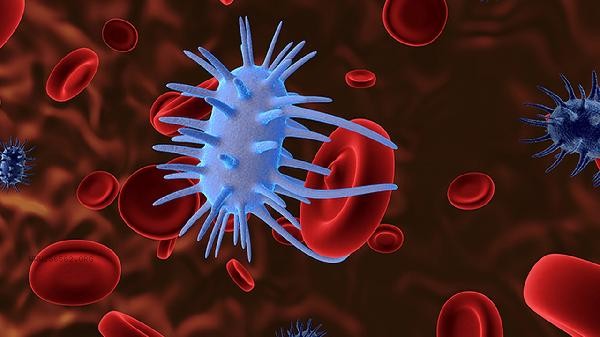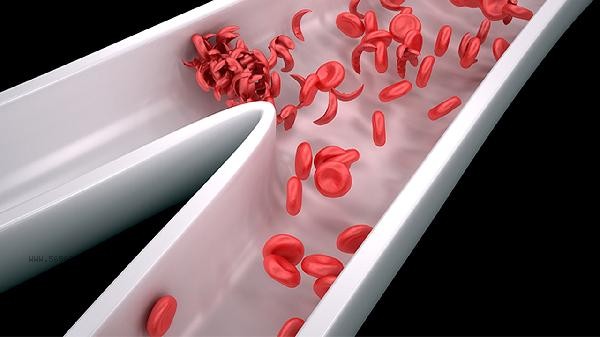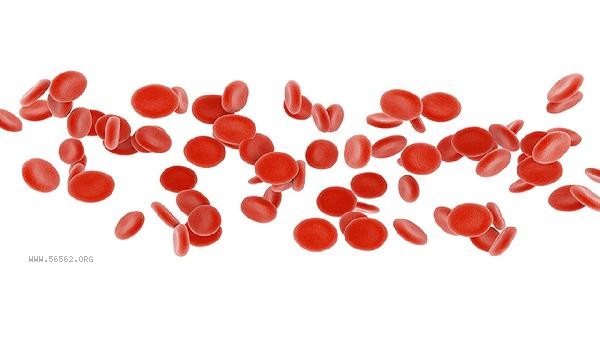Elevated red blood cell volume may be caused by physiological dehydration, long-term smoking, high-altitude living, vitamin B12 deficiency, myelodysplastic syndrome, and other factors.
1. Physiological dehydration:

A large loss of body fluids can lead to blood concentration, manifested as a relative increase in red blood cell volume. Failure to replenish water in a timely manner after intense exercise, severe diarrhea, or excessive sweating during high-temperature work can all cause it. This situation can be alleviated by supplementing electrolyte solution, and red blood cell parameters can generally return to normal within 24 hours.
2. Long term smoking:
Carbon monoxide in tobacco can bind with hemoglobin, leading to tissue hypoxia and compensatory increase in red blood cells. Smokers often have an average red blood cell volume (MCV) 3-5fl higher than the normal value, which may be accompanied by an increase in hemoglobin concentration. Blood indicators can gradually improve 6-12 months after quitting smoking.
3. Living at high altitudes:

Low oxygen environments above 3000 meters can stimulate the secretion of erythropoietin, increasing the volume of red blood cells by 10% -15% to adapt to hypoxia. This physiological change usually does not exceed the range of 85-100fl, and the value will naturally decline after returning to the plain area for 3 months.
4. Vitamin B12 deficiency:
Insufficient hematopoietic raw materials can lead to megaloblastic anemia, with red blood cell volume exceeding 110fl. It is common in long-term vegetarians and patients after gastrectomy, and may be accompanied by neurological symptoms such as numbness in hands and feet. Diagnosis needs to be confirmed through serum vitamin testing, and supplementation with drugs such as mecobalamin can correct it.
5. Abnormal bone marrow hyperplasia:
Bone marrow lesions such as polycythemia vera can cause the red blood cell volume to remain above 100fl, which may be accompanied by thrombocytosis and splenomegaly. Bone marrow aspiration and JAK2 gene testing are required for diagnosis, and in severe cases, bloodletting therapy or hydroxyurea treatment should be used.

It is important to maintain a daily water intake of 2000ml and avoid working in high-temperature environments for extended periods of time. High altitude travelers can take anti hypoxia drugs such as Rhodiola rosea in advance, and smokers are advised to have their blood routine checked annually. When experiencing symptoms of dizziness and fatigue, anemia should be investigated. For middle-aged and elderly patients who have continuously increased red blood cells, bone marrow examination should be completed. Moderate intake of foods rich in vitamin B12, such as animal liver and egg yolks, in the diet is recommended. For those with decreased gastric function, oral nutritional supplements can be chosen.









Comments (0)
Leave a Comment
No comments yet
Be the first to share your thoughts!